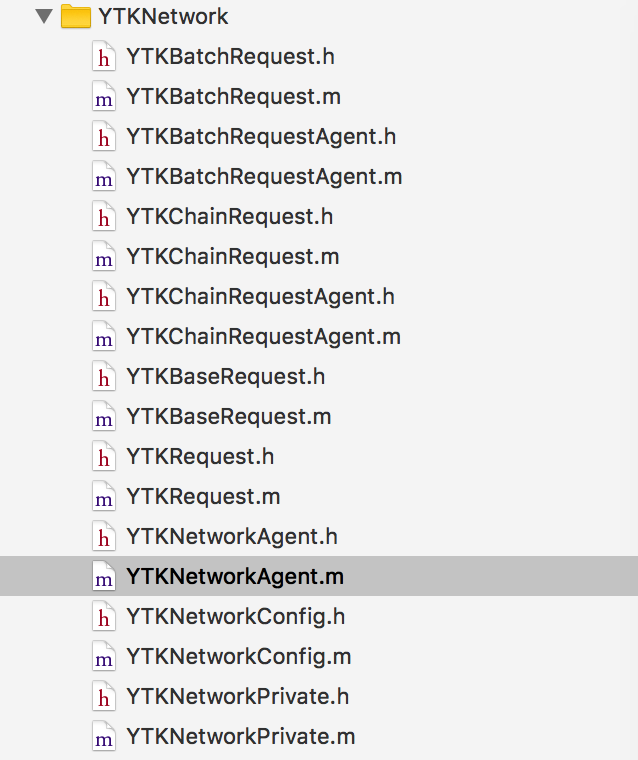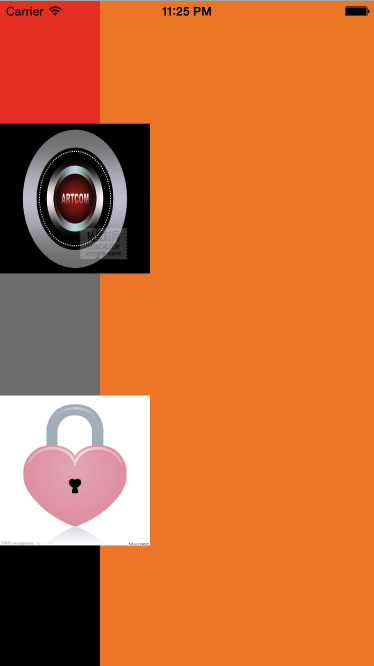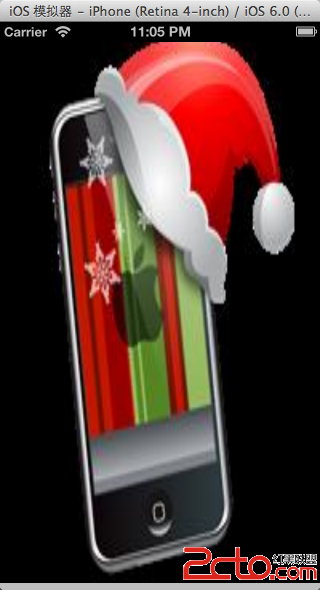iOS開辟之UITableView詳解
1、UITableView根本引見
默許的UITableView有2種作風:
- UITableViewStylePlain(不分組)
- UITableViewStyleGrouped(分組)
UITableView中的數據只要行的概念,沒有列的概念,UITableView的每行數據就是一個UITableViewCell。
自帶的UITableViewCell的類型選擇有:
typedef NS_ENUM(NSInteger, UITableViewCellStyle) {
UITableViewCellStyleDefault, // 左邊顯示textLabel(不顯示detailTextLabel),imageView可選(顯示在最右邊)
UITableViewCellStyleValue1, // 左邊顯示textLabel、右邊顯示detailTextLabel(默許藍色),imageView可選(顯示在最右邊)
UITableViewCellStyleValue2, // 左邊順次顯示textLabel(默許藍色)和detailTextLabel,imageView可選(顯示在最右邊)
UITableViewCellStyleSubtitle // 左上方顯示textLabel,左下方顯示detailTextLabel(默許灰色),imageView可選(顯示在最右邊)
};
2、UITableViewDataSource數據源
數據源的感化就是告知UITableView,我該顯示甚麼數據
#pragma mark 經常使用數據源辦法
#pragma mark 前往分組數
- (NSInteger)numberOfSectionsInTableView:(UITableView *)tableView
#pragma mark 前往每組行數
- (NSInteger)tableView:(UITableView *)tableView numberOfRowsInSection:(NSInteger)section
#pragma mark 前往每行的單位格
- (UITableViewCell *)tableView:(UITableView *)tableView cellForRowAtIndexPath:(NSIndexPath *)indexPath
#pragma mark 前往每組頭題目稱號
- (NSString *)tableView:(UITableView *)tableView titleForHeaderInSection:(NSInteger)section
#pragma mark 前往每組尾部解釋
- (NSString *)tableView:(UITableView *)tableView titleForFooterInSection:(NSInteger)section
盤算分組數 -> 盤算每組行數 -> 生成份組索引 -> 生成單位格
留意:cellForRowAtIndexPath只臨盆以後顯示在界面上的單位格
3、UITableViewDelegate署理
署理的感化是告知UITableView,我該怎樣顯示和呼應
#pragma mark - 經常使用署理辦法
#pragma mark 設置分組頭部的內容高度
- (CGFloat)tableView:(UITableView *)tableView heightForHeaderInSection:(NSInteger)section
#pragma mark 設置每行高度(每行高度可以紛歧樣)
- (CGFloat)tableView:(UITableView *)tableView heightForRowAtIndexPath:(NSIndexPath *)indexPath
#pragma mark 設置分組尾部的內容高度
- (CGFloat)tableView:(UITableView *)tableView heightForFooterInSection:(NSInteger)section
#pragma mark 點擊了某一行
- (void)tableView:(UITableView *)tableView didSelectRowAtIndexPath:(NSIndexPath *)indexPath
#pragma mark 設置分組的頭部視圖
- (UIView *)tableView:(UITableView *)tableView viewForHeaderInSection:(NSInteger)section;
#pragma mark 設置分組的尾部視圖
- (UIView *)tableView:(UITableView *)tableView viewForFooterInSection:(NSInteger)section;
4、UITableView刷新列表辦法
#pragma mark 刷新全部表格
- (void)reloadData;
#pragma mark 刷新指定的行
- (void)reloadRowsAtIndexPaths:(NSArray *)indexPaths withRowAnimation:(UITableViewRowAnimation)animation;
#pragma mark 刷新指定的分組
- (void)reloadSections:(NSIndexSet *)sections withRowAnimation:(UITableViewRowAnimation)animation;
#pragma mark 刪除時刷新指定的行數據
- (void)deleteRowsAtIndexPaths:(NSArray *)indexPaths withRowAnimation:(UITableViewRowAnimation)animation;
#pragma mark 添加時刷新指定的行數據
- (void)insertRowsAtIndexPaths:(NSArray *)indexPaths withRowAnimation:(UITableViewRowAnimation)animation;
5、UITableViewCell的重用機制
在UITableView外部有一個緩存池,專門用來緩存UITableViewCell,由於UITableView不是一會兒顯示全體Cell,而是以 所見即所得 的方法,手機上看的見的Cell,才有存在的對象UITableViewCell實例。詳細表示以下:
每次顯示新的Cell的時刻,都是先從緩存池中掏出對應的UITableViewCell對象,停止 從新初始化 顯示。假如緩存池中沒有,才創立新的UITableViewCell對象
每當某個Cell被移出 可見區域 外後,就會被 收受接管 到緩存池中
所以雖然要展現的數據偉大,但內存中存在的UITableViewCell也是無限的,極年夜的下降了對內存的需求。
# pragma mark 在tableView:cellForRowAtIndexPath:辦法中應用UITableView的重用機制
// 因為此辦法挪用非常頻仍,cell的標示聲明成靜態變量有益於機能優化
static NSString *cellIdentifier = @"UITableViewCellIdentifierKey1";
// 起首依據標識去緩存池取
UITableViewCell *cell = [tableView dequeueReusableCellWithIdentifier:cellIdentifier];
// 假如緩存池沒有找到,則從新創立並放到緩存池中
if(!cell){
cell = [[UITableViewCell alloc] initWithStyle:UITableViewCellStyleValue1 reuseIdentifier:cellIdentifier];
}
6、體系自帶的UITableViewCell

我們根本上很少應用體系自帶的UITableViewCell,款式太甚於逝世板了。
7、自界說Cell
根本步調:
自界說類XXXTableViewCell,繼續UITableViewCell
重寫-(id)initWithStyle:reuseIdentifier:辦法,添加子控件
最好重寫layoutSubView辦法,設置子控件frame
然後在UITableView的署理辦法tableView:cellForRowAtIndexPath:中應用重用機制創立該類XXXTableViewCell,再對cell停止初始化

8、MVC形式

【iOS開辟之UITableView詳解】的相關資料介紹到這裡,希望對您有所幫助! 提示:不會對讀者因本文所帶來的任何損失負責。如果您支持就請把本站添加至收藏夾哦!




